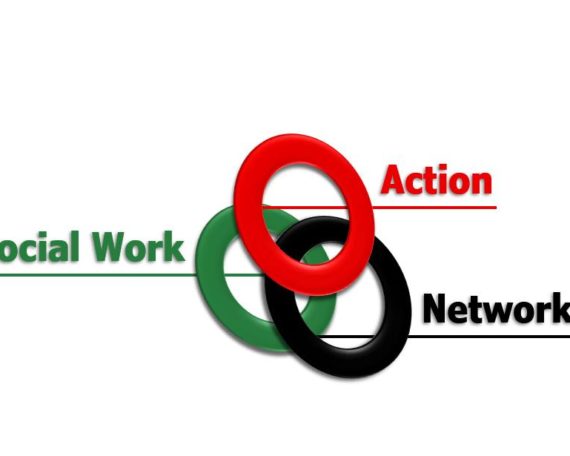On Friday 15th April I attended my first Social Work Action Network (SWAN) 6th National Conference in collaboration with In Defence of Youth Work. Although an annual conference took place in summer 2010 in Glasgow, the above was arranged in Birmingham in response to the level of cuts proposed by the Coalition Government.
SWAN is comprised of social work practitioners, academics, students and service users, united in their concern that social work activity is being undermined by managerialism and marketisation, by the stigmatisation of service users and by welfare cuts and restrictions.
There were a variety of speakers, ranging from those working in the profession, to UNISON activists, to service users relating their experiences, to disabled activists at the forefront in fighting the austerity measures, to international practitioners, researchers and activists. I attended the workshop entitled: ‘Educate, Agitate, Organise: UNISON responses to the Big Society’. The presenters were Helga Pile – UNISON National officer for Social Care, Helen Davies – Branch Chair Barnet UNISON & adult’s social worker, Simon Cardy – UNISON Steward Wolverhampton Branch & children’s social worker, Sharon Campion – Sandwell UNISON, Social Work Convenor and Independent reviewing officer.
I expressed my deep concerns at the meeting with regard to the level of resistance taken by UNISON in response to the fiercest levels of cuts on an unprecedented scale since the Second World War. I described the recent UNISON member’s meeting I attended in Coventry, where UNISON’s magnificent alternative budget was launched. I was in awe to see that finally my union was beginning to rise from its knees. Unfortunately, short lived, and my disappointment soon returned, as the branch officers then immediately invited discussion on compulsory redundancies.
Numerous attendees at the SWAN workshop demanded that UNISON direct and lead a viable and constructive fight back. Numerous attendees insisted UNISON call a general strike in unity with all other unions. Once again, a UNISON official managed to incite nothing but disappointment with a non-committal and passive response for the audience.
There were three vibrant international perspectives presented at Conference from South Africa, Greece and following the Arab revolutions. They discussed social work in their international context and the resistance against the cuts and privatisation methods attempted.
John McArdle, from Black Triangle Campaign, (disability rights campaigner) introduced a session on ‘Building Alliances to Defend Services’. He informed conference of the recent suicide of a service user. He stated the service user had left just two letters behind him to explain his actions. The first letter was from the Benefits Agency informing him his Disability Benefit would now cease. The second letter was from his local Housing Department informing him his Housing Benefit would now cease.
I fear if these cuts go unopposed, many more of us will have first-hand knowledge and experience of such horrors. The most vulnerable sections in society have already begun to see no other alternative than to take their own lives as a direct consequence of these atrocious cuts. Cuts to people’s benefits and care packages result in further intensified poverty and despair to an already marginalised section of society.
A divided house is easier to destroy. Therefore collective strike action from all public and private sector unions in the form of a general strike can be the only recourse left. There are tens of millions of people in this country who work in the public sector and/ or use our services. Solidarity across all professions and service users as exemplified by our contemporaries in Greece, Egypt, and South Africa are the examples we should be now be looking to. Please UNISON lead a fight-back, before more people die.
July 2011

